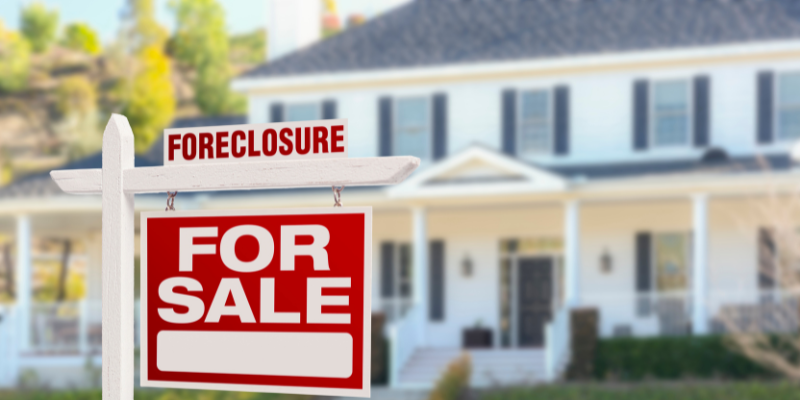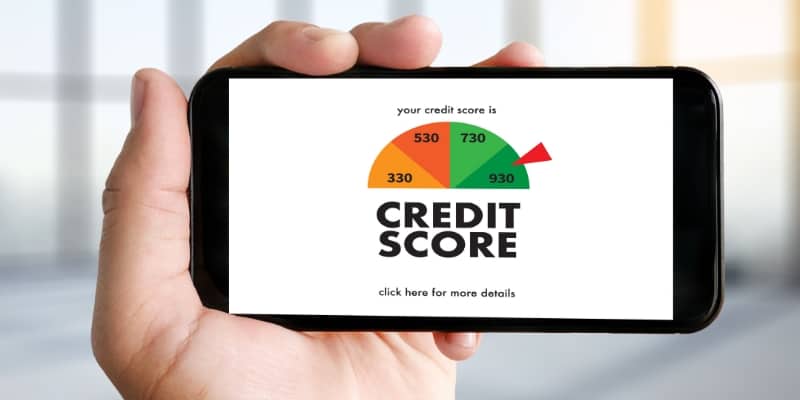Buying real estate can be tricky at the best of times, but when you are looking to purchase a foreclosure property, there are some things you should know first. Foreclosure homes in Queens may be less expensive than your average house, but they come with their own set of challenges that you need to prepare for before making a bid on the property itself. Here are seven things you should consider before buying a foreclosure house in Queens.
What Is A Foreclosed Home?
A foreclosed home is a property that the owner was not able to make payments on. If the mortgage lender forecloses, they will take ownership of the property and try to sell it. This is why foreclosure homes are sometimes called bank-owned homes or real estate-owned properties. Foreclosure doesn’t just happen to residential homes, it can also happen with commercial properties like strip malls or office buildings. The process for purchasing one of these properties from the bank differs from how you would purchase a regular home from a homeowner.
How The Foreclosure Process Works
One option is to purchase a foreclosure property. Foreclosure houses in Queens offer buyers a chance at purchasing their first home or investment properties at below-market prices. Here are seven things to know about this process:
- A homeowner has missed three payments on their mortgage, which means that the lender has filed for foreclosure against them and they have entered the pre-foreclosure period.
- What are some advantages of purchasing a foreclosure? Purchasing foreclosure houses in Queens can help you get into your first home or provide you with great investment opportunities
- Purchasing a foreclosure is not always easy,
- You need to pay attention to several aspects of the home-buying process.
- While you need to be realistic in your expectations
- You also need to take time to understand the process and research your alternatives so that
- You can make sure that any potential purchase aligns with your personal goals and budget
How Do I Find Foreclosures In My Area?
There are two ways to find foreclosures near you. The easiest way is to use a real estate search website. These sites will have listings of all the homes for sale in your area. Foreclosures are usually included on these sites because they are available to purchase directly from the bank without going through an agent.
Another way to find foreclosures is by looking at newspaper, which typically list properties as bank-owned, government-owned, or auctioned. You can also check with your local housing authorities to see if any government-sponsored programs offer financial assistance for purchasing a home or receiving counselling about home ownership.
Stages At Which You Can Buy
1. Buying a foreclosed home can be a great investment opportunity, but it can also come with big risks.
2. Foreclosed homes are often sold at auction, so there’s no way of knowing what condition the property will be in until after the purchase.
3. There are many factors to consider when deciding if this type of real estate is right for you.
4. It is important to do your research and be realistic about the benefits and drawbacks of purchasing a foreclosed home. You may need to wait longer than average for repairs or renovations to be made. You may also find yourself facing extra expenses such as taxes and insurance which weren’t included in your initial budget.
5. once all work has been completed, you could end up with a house that offers potential rental income or long-term resale value far higher than its initial purchase price. Be sure to take time to understand the process before making any decisions on whether or not you want to invest in foreclosures properties.
Are There Any Other Special Features About It?
The first thing to do when considering purchasing a foreclosed home is to find out if the property is worth the investment. Foreclosures are often sold at a discount but it’s important to calculate whether the property will provide enough return on investment. The second thing to consider is what type of loan you want to use for your purchase and how much down payment you can afford. If you’re going for a traditional loan, make sure your credit score is high enough and that there are no other negative marks on your report that might impede your ability to get approved. Third, it’s important not to buy more homes than you can afford, which means looking at homes that fall within a realistic budget range for your family size and income level.
When Can I Move Into My New Home?
- Find out how long the seller is willing to wait for the sale to close.
- Ask your lender or mortgage broker if they will allow a short sale, and if so, what are the requirements.
- Figure out what type of home loan you need.
- Decide on your down payment amount.
- Research any homeowner's associations that might have rules about what kinds of homes people can buy or rent from them.
- If you plan on renting out the property after closing, research whether it's legal to do so in your area.
- Check with your local zoning board to see if there are any restrictions on what types of housing you're allowed to build, add onto, or even move into in certain areas.






